QUESTION:
What do the noble ulamā say regarding calling Allāh by the name ‘Rām’?
ANSWER:
بسم اللہ الرحمن الرحیم
الجواب بعون الملک الوھاب اللھم ھدایۃ الحق والصواب
That Muslim who knowing the meaning of ‘rām’, calls Allāh (Most Transcendent) rām becomes a disbeliever and an apostate. All his good deeds are destroyed. It becomes obligatory upon him that he repent from this kufr, recite the Kalimah again, and if he was married, that he repeat his nikāh.
The meaning of rām is to be inserted, to be dwelling inside [something]. This is a meaning which is a defect in relation to Allāh (Most Transcendent) and would necessitate that He is not the Creator. Therefore referring to Allāh (Most Transcendent) as rām is Kufr. Yes, the one who does not know this meaning but he knows this much that the Hindūs refer to the Creator as rām and for this reason he refers to Allāh (Most Transcendent) as rām the verdict of Kufr is not upon him, however the statement is indeed Kufr from which renewal of Imān is necessary and if he were married renewal of his nikāh is also necessary.
Explaining the detailed ruling concerning the one who calls Allāh (Most Transcendent) by the name rām, Muftī Muhammad Sharīf al-Haqq al-Amjadī (May Allah shower him with mercy) states in Fatāwā Shārih Bukhārī:
“Whichever person knowing the real meanings of rām calls Allāh ‘bhaghwān or rām’ then without a doubt he is a kāfir and murtad. All his good deeds are wasted and his wife has come out from his nikāh with her. It is fard upon him to repent from this and then, by reciting the Kalimah, become a Muslim again. If he wants to return to his wife he must renew his nikāh contract.
In Sanskrit ‘bhagh’ is the word used to refer to the female private part and ‘wān’ refers to one who possesses. Rām means to be inserted i.e. to be dwelling inside [something]. These two meanings are defects in relation to Allāh (Most Transcendent) and they would necessitate that He is not the Creator. For this reason referring to Allāh with these words is Kufr.
What remains is those people who do not know the real meanings of these words. They only know this much that the Hindus call Allāh (Most Transcendent) ‘bhaghwān’ or ‘rām’. Though they have referred to Allāh as ‘bhaghwān’ or ‘rām’ the ruling on them is not as severe. Even then, repentance, renewal of Imān and renewal of nikāh is necessary upon them.”
[Fatāwā Shārih Bukhārī Volume 1 page 171-172]
In relation to referring to Allāh using the word rām’, Sadr al-Sharī’ah Badr al-Tarīqah Muftī Muhammad Amjad ‘Alī al-A’zhamī (May Allah shower him with mercy) states in Fatāwā Amjadiyyah:
“To refer to the Creator as rām is the religious belief of the Hindus. Because they consider the Creator to be inside everything i.e. indwelling in everything, for this reason they call the Creator rām. This belief is Kufr and to call the Creator rām is also a statement of Kufr.”
[Fatāwā Amjadiyyah Volume 2 pg 418]
Similarly, in Fatāwā Mustafawiyyah it is mentioned:
“It is the religious belief of the mushrikūn that the Creator is inside everything, running through and indwelling in everything. Allāh (Most Transcendent) is Pure and Free from this. Upon the basis of this vile belief the mushriks call the Creator rām. Thus, to refer to Allāh as rām is Kufr.”
[Fatāwā Mustafawiyyah pg 600]
الله أعلم عز و جل و رسوله أعلم صلى الله تعالى عليه وآله و سلم
Answered by Mufti Abū Muhammad ‘Alī Asghar al-Attārī al-Madanī
7th Muharram al-Harām 1440 AH (18th September 2018)
Translated by Ustādh Ibrar Shafi
Source: Dār al-Iftā Ahl al-Sunnah (Da’wat e Islami)
Read the original Urdu answer here: [Q-ID0652] How is it to address Allah by the name ‘Rām’ [term used by Hindus]?













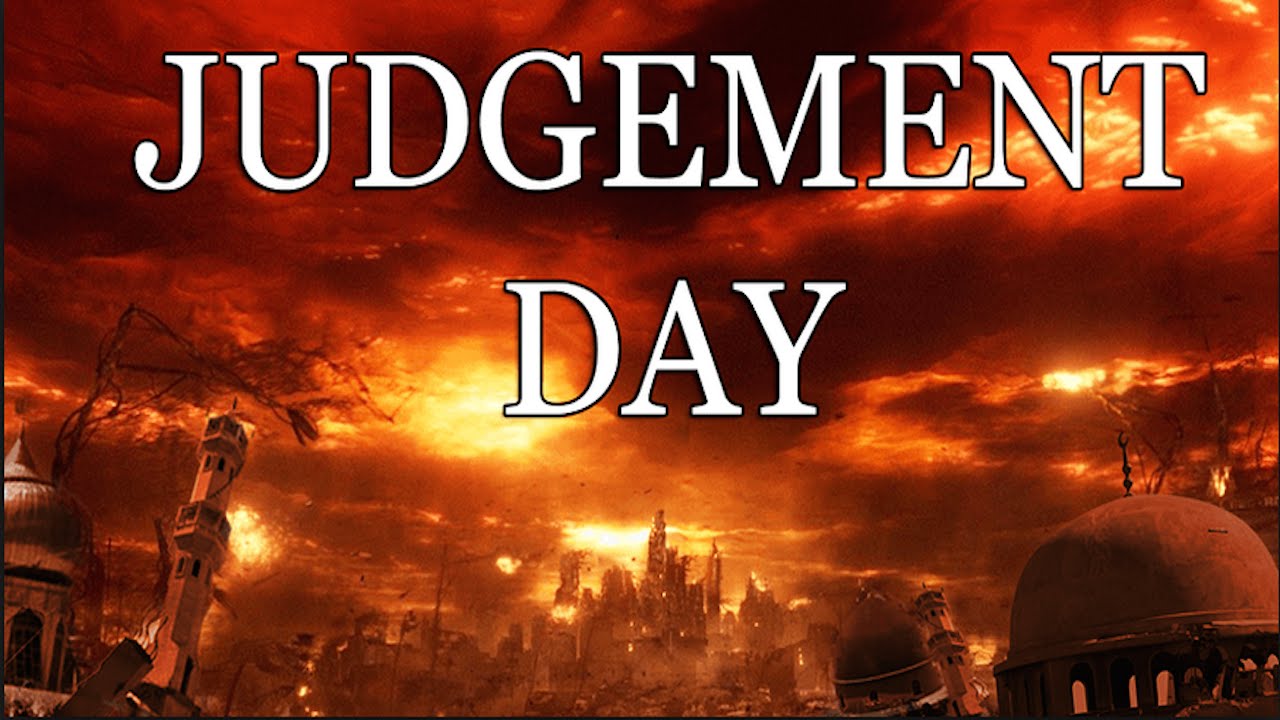

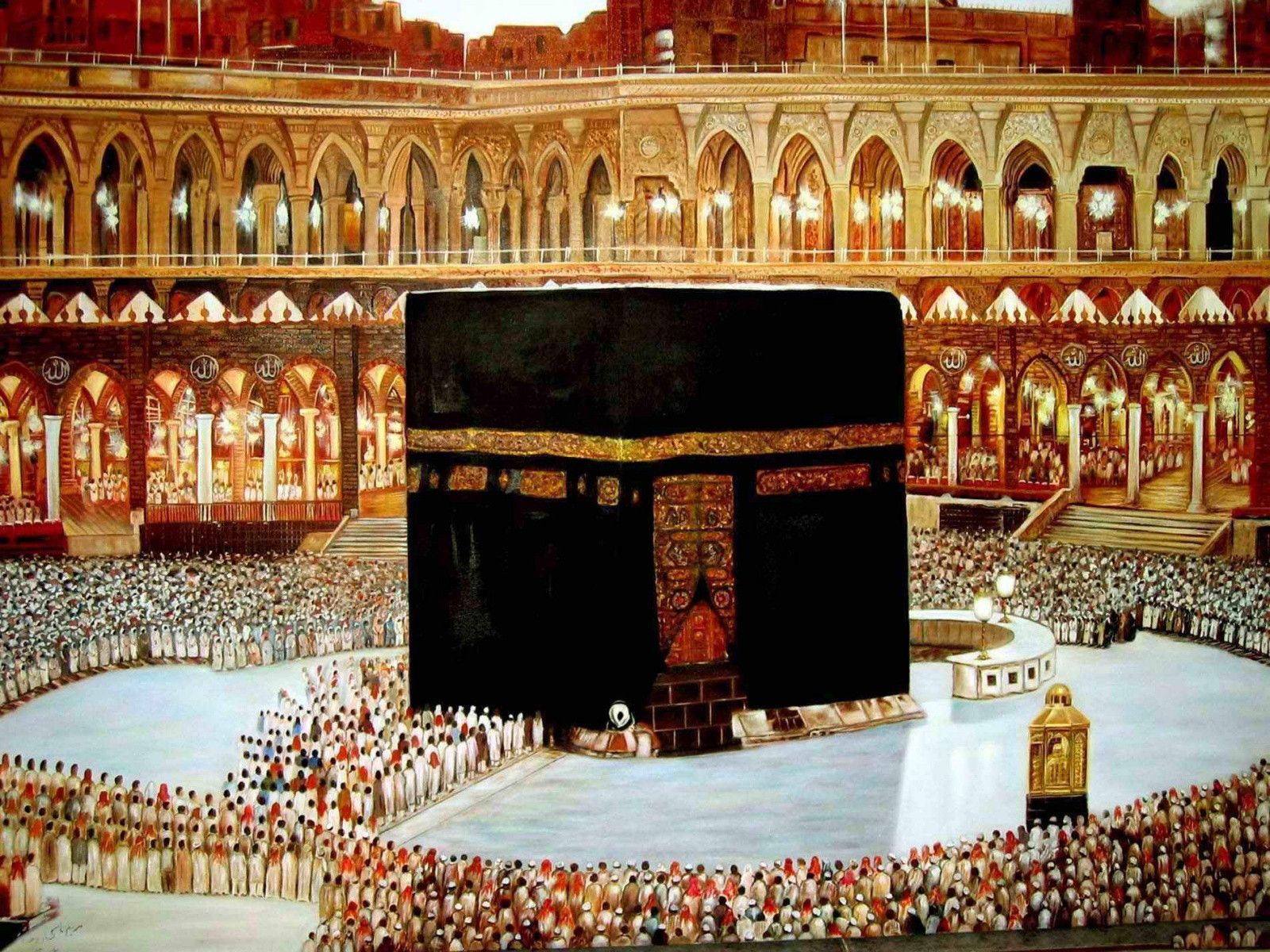













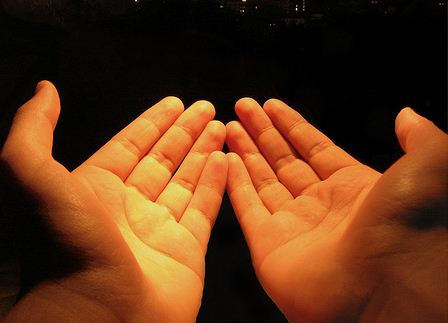




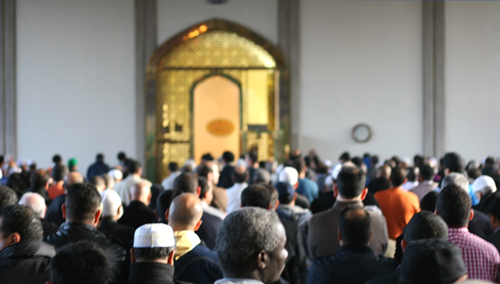



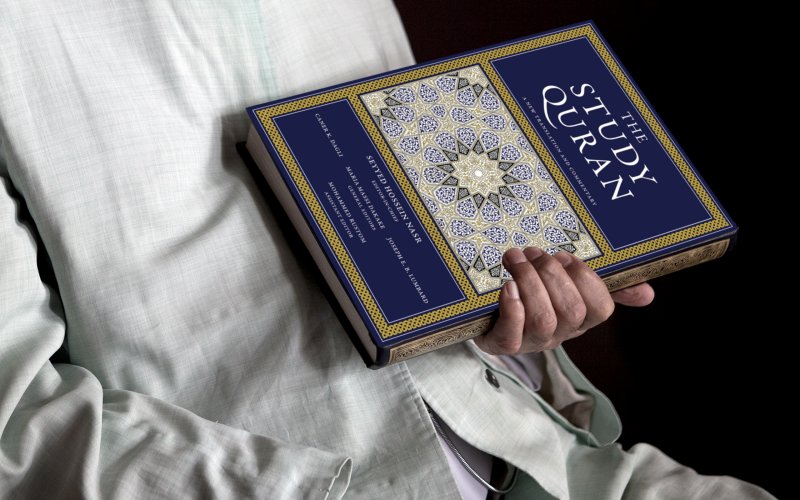
![[Q-ID0222] Should we be saying ‘Allah is everywhere’? Please clarify.](https://www.seekerspath.co.uk/wp-content/themes/hueman-pro/assets/front/img/thumb-medium-empty.png)









